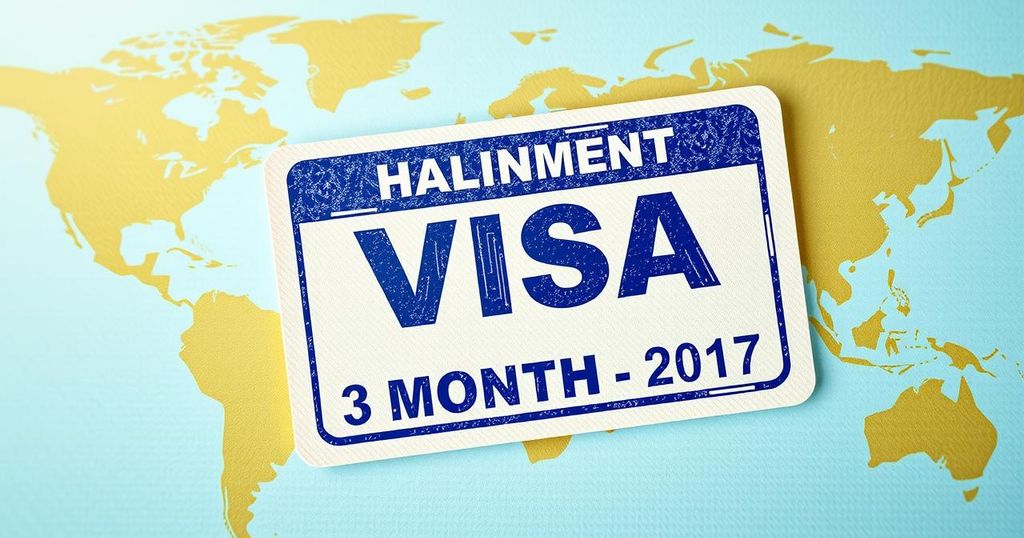U.S. Reduces Visa Duration for Nigerians From Five Years to Three Months
- U.S. lowers visa duration for Nigerians from five years to three months.
- This policy will primarily impact non-immigrant visa categories.
- The change is framed as a reciprocal action to Nigeria’s treatment of U.S. citizens.
U.S. Cuts Visa Duration for Nigerians to Three Months
The U.S. Department of State has officially announced a significant change in visa policies affecting Nigerians. By reducing the duration of non-immigrant visas from five years to a mere three months, the department has stirred considerable concern among prospective travelers. This decision is purportedly in response to Nigeria’s treatment of American citizens, which the U.S. government has labeled as reciprocating measures more than just policy adjustments.
Policy Change Affects Tourism and Business Travelers
According to a memo from the U.S. Embassy in Nigeria released on Tuesday evening, the drastic reduction aims to combat visa overstays. Existing visas issued before this announcement, specifically before July 8, 2023, remain valid amidst this policy shift. Non-immigrant categories like tourism and business visas, which account for the majority of visas granted each year to Nigerian citizens, are now significantly impacted by this abrupt decision.
Impact on Nigerian Travelers Raises Concerns
Reflecting on recent developments, it is important to note that this move follows previous policies which had increased the visa validity to five years to address complaints about shorter durations. Many Nigerians are now left questioning if it is worth their time and effort to navigate the visa application process for such a short-term outcome. This announcement comes shortly after the Trump administration labeled Nigeria among nations facing visa restrictions, citing corruption and inadequate vetting as primary concerns for the imposition of these limitations.
In summary, the U.S. reduction of visa lengths for Nigerians from five years to three months signals considerable shifts in international policy and diplomatic relations. The change primarily affects those traveling for business and tourism, raising deeper questions about the practicality of applying for such limited durations. As both governments navigate these tense waters, the implications of these moves could resonate far beyond short visits, potentially affecting cultural exchange and economic ties.




Post Comment